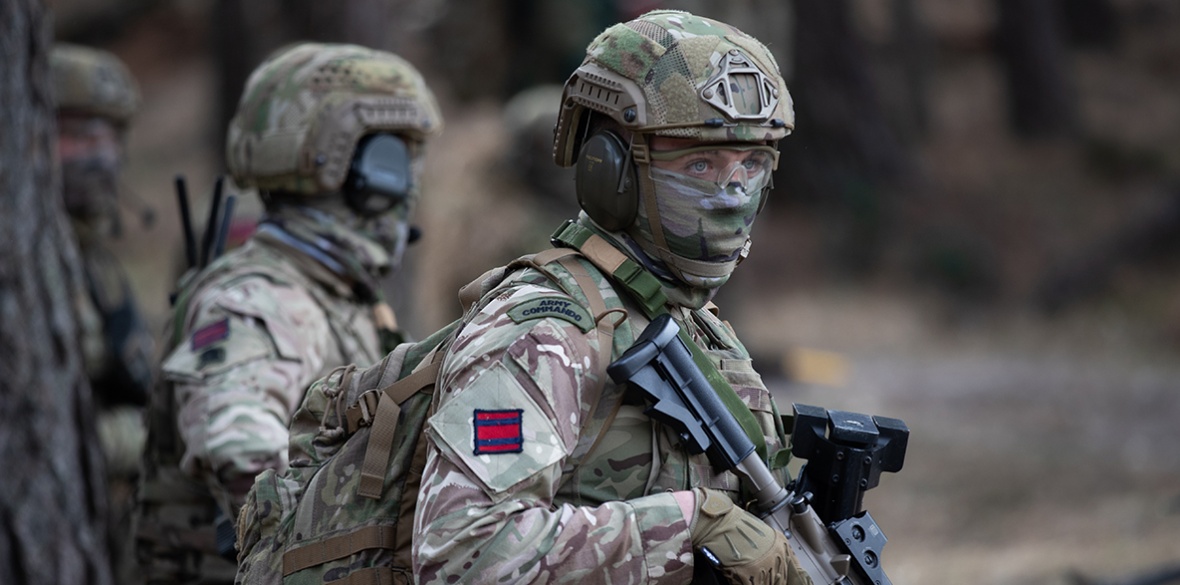This is the last article you can read this month
You can read more article this month
You can read more articles this month
Sorry your limit is up for this month
Reset on:
Please help support the Morning Star by subscribing here
PEERS from across the political divide united today to speak out against a government bid to restrict prosecutions of soldiers for war crimes and genocide.
The House of Lords is due to vote tonight on an amendment with cross-party backing that seeks to exempt such serious crimes from a five-year limit on prosecutions proposed as part of the Overseas Operations Bill.
The legislation, which has already passed the Commons, is intended to protect soldiers from so-called vexatious claims.
Speaking at the report stage of the legislation, former Nato secretary-general and Labour defence secretary Lord Robertson, who led the amendment, said that the defence of the Bill was “weak.”
He said that peers had “quoted endless examples from those who see what is happening here today is outrageous.
“Even today’s Daily Mail editorial condemns the government for what it is doing and apparently legitimising torture in the way that this Bill does,” he said.
Ahead of the debate, United Nations high commissioner for human rights Michelle Bachelet urged the government to heed warnings that the legislation “risks undermining the human-rights obligations that the UK government has committed itself to respect.”
Former shadow attorney general Baroness Chakrabarti reiterated that five years was a “very short time” to bring a prosecution in the “context of war or covert operations or peacekeeping operations that may be ongoing.”
“In practice, this triple lock will make it very, very difficult indeed to prosecute some of the greatest offences that will, unfortunately, sometimes arise in conflict.
“The government has already conceded the need for certain excluded offences, in particular sexual offences.” The Labour peer said that, in light of this, it was “inexplicable” that the government had rejected peers’ calls to add torture, genocide and war crimes to the list of exempted offences.
“We need those assurances in relation to these grave offences to avoid the perversity of a situation where, in the contect of sexualised torture … a veteran or serving member of personnel could be prosecuted for indecent assault when the actual allegation is of sexualised torture,” she said.
Later Baroness Ritchie of Downpatrick raised concerns that the Bill directly conflicted with provisions in the Good Friday Agreement and would set a “dangerous precedent” if left unchallenged.
Voting on the amendments took place after the Morning Star went to press.

 Bethany Rielly
Bethany Rielly










